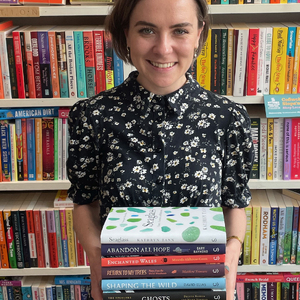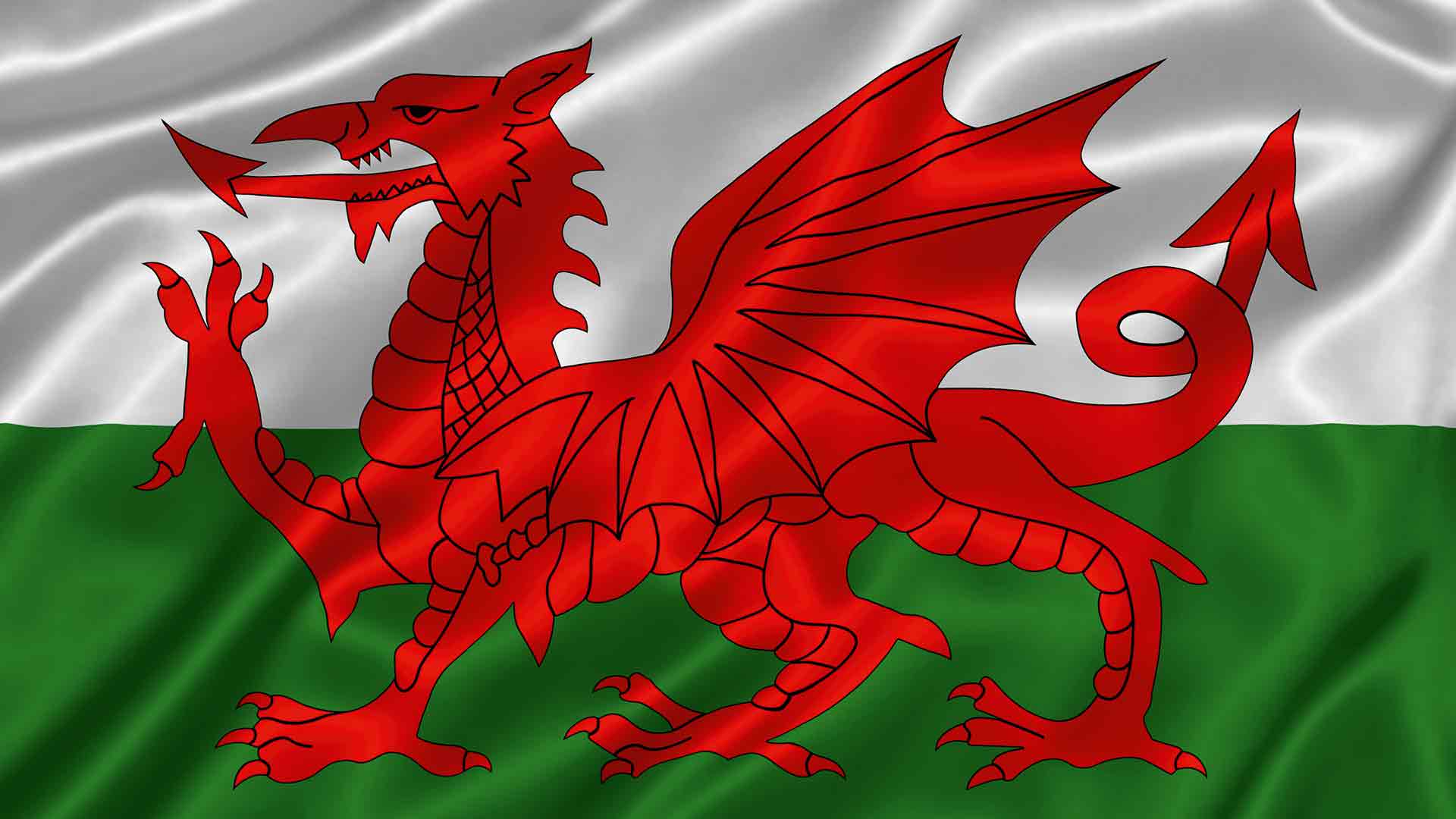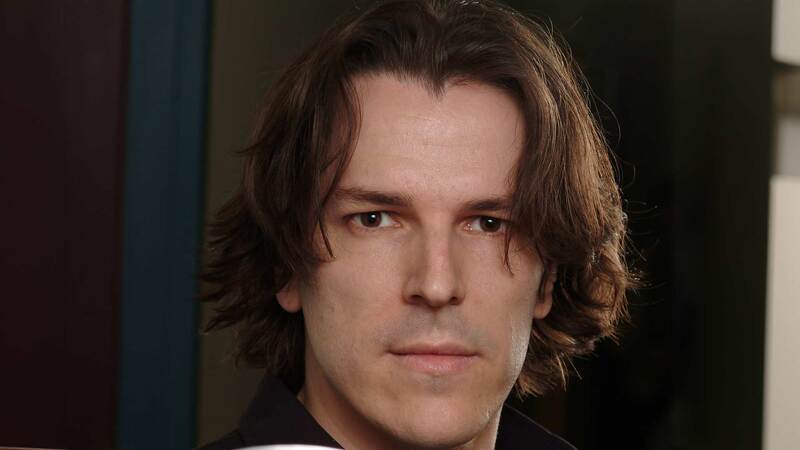You are viewing your 1 free article this month. Login to read more articles.
When will Wales' moment come?
Despite a wealth of talent and will, Welsh writing is still being marginalised.
Since I first found the guts to call myself a "writer", I have been adamant about putting the word "Welsh" in front of it. I was born and raised in south Wales and, despite my decidedly neutral vowels and terrible Cymraeg, the place feels inextricable from my sense of identity.
I was entering the scene at a time when authors were being told to be less Welsh by their London-based agents and big-name publishers. I like to think some things have changed since then… but have they?
I left Wales in 2019, in pursuit of love and hopeful publishing prospects in the north of England – where I sensed exciting things were happening in the literature world outside the M25. The kind of exciting things that I expected to one day reach home.
A handful of eventful years later, having hopped around a couple of cities and had the joy of being part of the brilliant work being done by New Writing North, I’m looking forward to the publication of my first essay collection, Seaglass, by newly-established, Cardiff-based imprint Calon Books. Calon is determined, with all the experience of the University of Wales Press behind it, to publish books from Wales, "for the world". Now there’s a mission I can get behind.
Amid all the progress being made in publishing to diversify its voices and workforce, "regional" very often refers to the north of England. This cultural levelling-up of the country is an essential and worthy endeavour, and seeing the increasing space being given to new talent emerging in the north is extremely heartening: stories no longer being boxed-off as "grim" or irrelevant. Fewer agents would now dare to suggest that an author’s northerness is a hindrance to their wider appeal. Too many prize-winners have debunked that myth. But what I’d really like to see is this same attitude being applied to novels and book proposals coming from Wales.
Just yesterday, a friend of mine – an established Welsh author with a new book coming out this year – told me that a radio pitch around the title had been met with "sorry – too Welsh". I’ve heard the same line plenty of times during my time on the inside of the industry, in book publicity, festivals and prizes. And each time, I have thought to myself, would we say this about any of the other UK nations?
I’ve kept my ‘Welshness’ in my author bio knowing that, one day, this badge will come with the same kind of cultural kudos that ‘Irish authors’ and ‘Scottish authors’ seem to have
In some scenarios I’ve even wondered if we’d say such things about stories coming from any other country. Is that not what literature is about? Access to experiences different from – but perhaps speaking to – our own?
In the context of positive change and progress elsewhere, people seem so accustomed to this little sibling treatment of Wales that they don’t actually notice the double standards. What I’ve decided is that knee-jerk responses to Welshness are so embedded that they don’t register as causing any harm. Not yet.
In 2022, author, critic and broadcaster Gary Raymond wrote about his conviction that Wales was on the cusp of an "age of vitality", that he could "feel it sizzle in the air". I felt exactly the same way: full of hope that, with just a little more fuel to the growing fire, its time was coming. Raymond talked about the three things that build a moment like this: money, media and "movement".
Fast forward two years, and the "money" side of things is at an all time low. There is a deepening sense of despair among many people in the arts in Wales at the moment, with far less of the dwindling institutional support seen in other UK nations available for writers (nothing like the DYCP grant, for example), and cuts on cuts for independent publishers, too.
"Media" is a similarly rocky one – with players such as Wales Arts Review and New Welsh Review (without whom my words may never have been picked up by Calon) disappearing this year. But the intention to support Welsh voices has never been a problem within Wales. Careers like mine germinated in a well-meant ecosystem of encouragement.
My challenge now is to the UK-wide media: shout about the exciting new work coming out of this underestimated "land of song". Pay attention. Let readers decide what’s relevant to them and what’s not.
The final ingredient, the "movement" that Gary Raymond refers to, is the one I harbour my remaining hopes for. A critical mass of creativity that, despite adversity, can find momentum in mutual support. As a festival programmer with publisher’s catalogues coming across my desk year-round, it was still a rare and thrilling novelty to see one mention of Wales among the sea of (still mostly London-dwelling) debut authors.
There are a lot of reasons to feel disheartened right now, but if the government insists on overlooking the importance of the literary arts in Wales, then it’s more important than ever for us to do the opposite.
I’m now living in Yorkshire, but a significant chunk of my heart is still on the south Wales coast, where I’m pulled back often, and willingly. I’ve kept my "Welshness" in my author bio knowing that, one day, this badge will come with the same kind of cultural kudos that "Irish authors" and "Scottish authors" seem to have. "Wales will have its moment", I tell people. "It will be our turn next."
It’s hard to feel hopeful in the current climate, but I still believe that its within our control – and I mean all of us, across the publishing industry – to take seriously the talent that emerges. To notice where we might be overlooking certain stories and, when they make a splash, give those ripples the space they need to turn into waves.



















